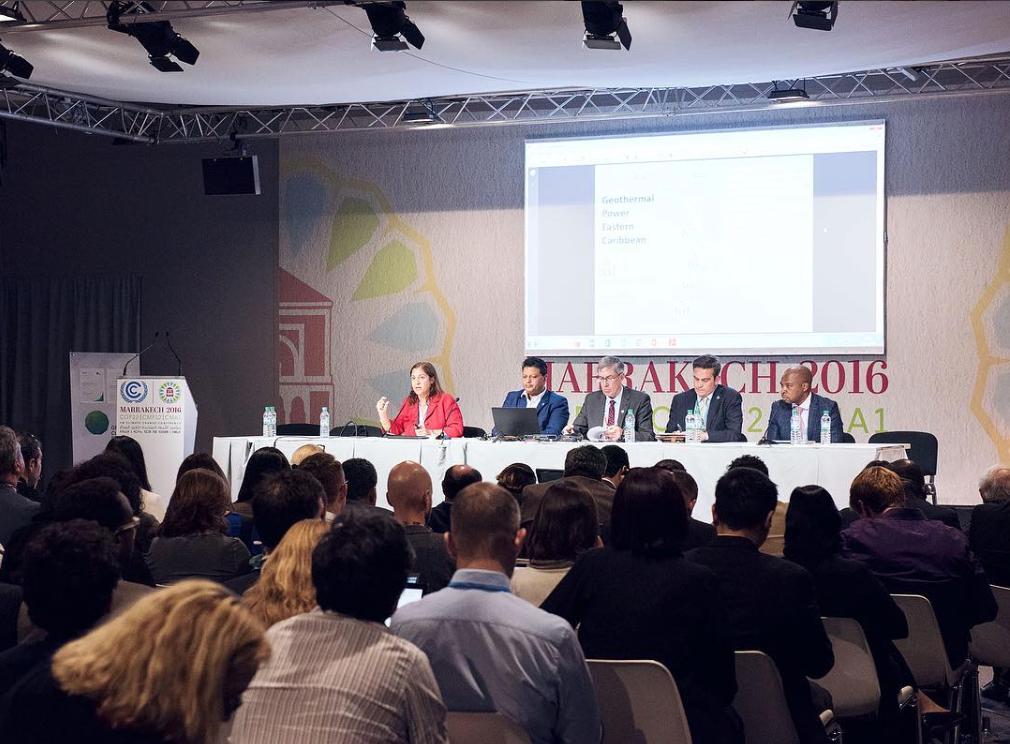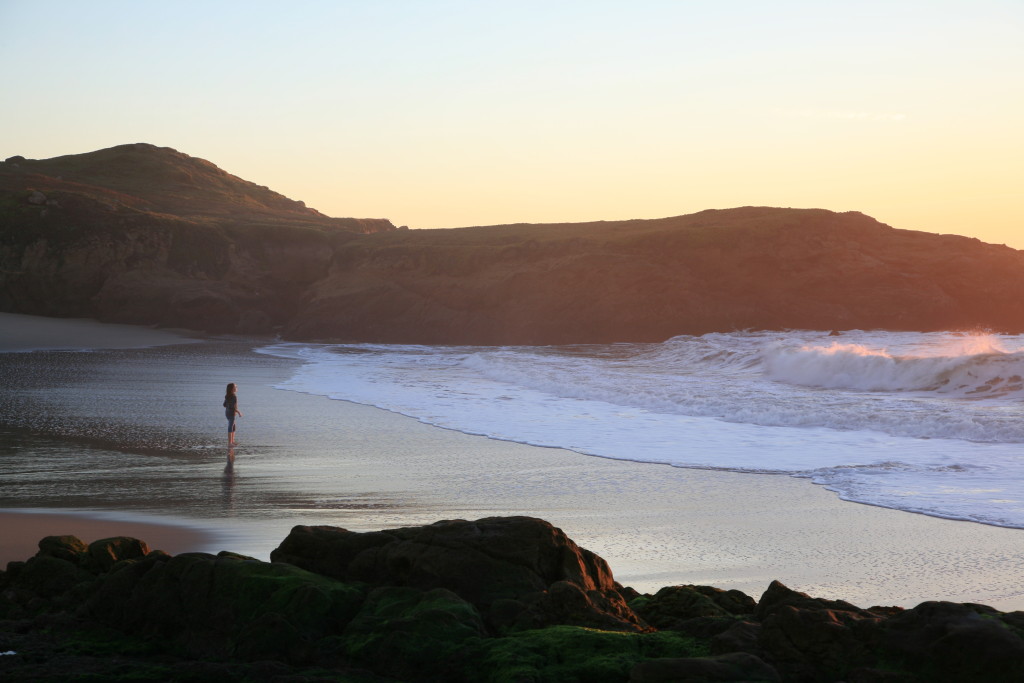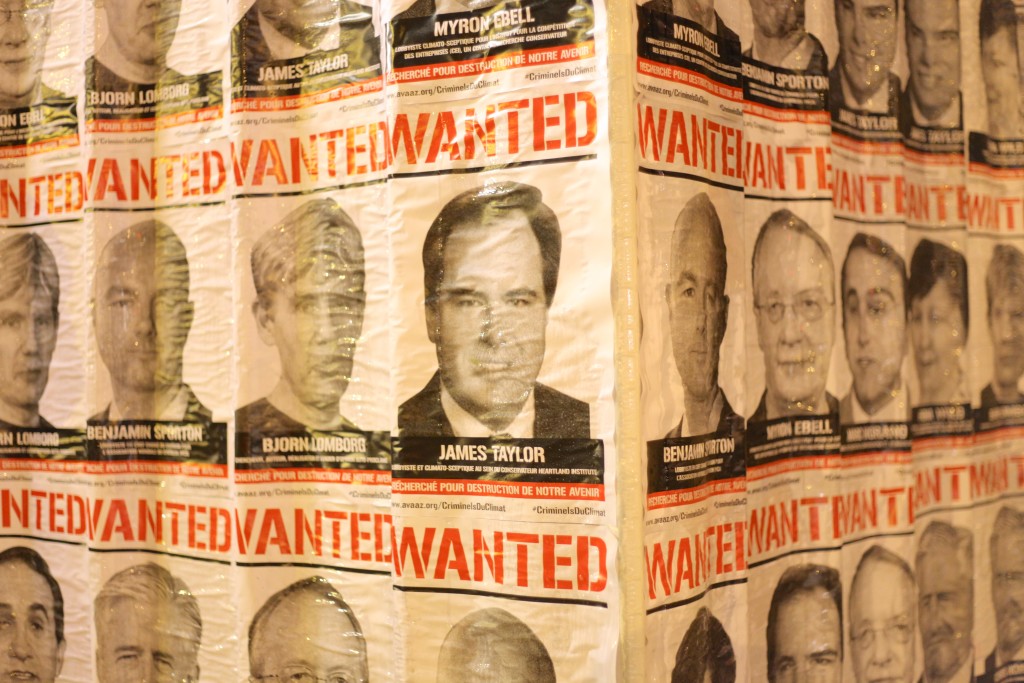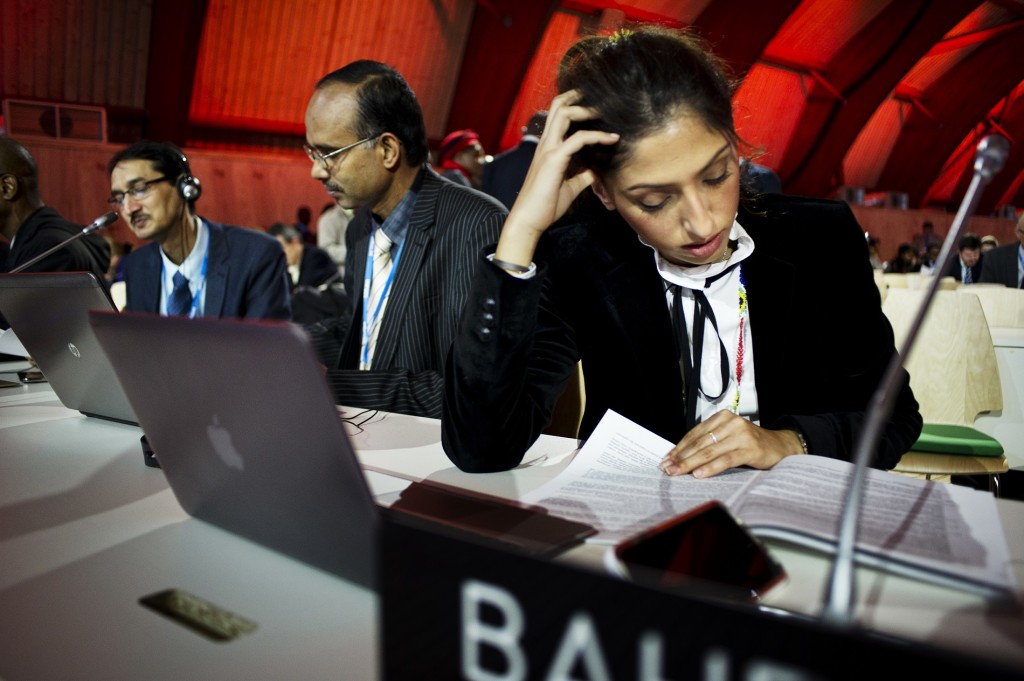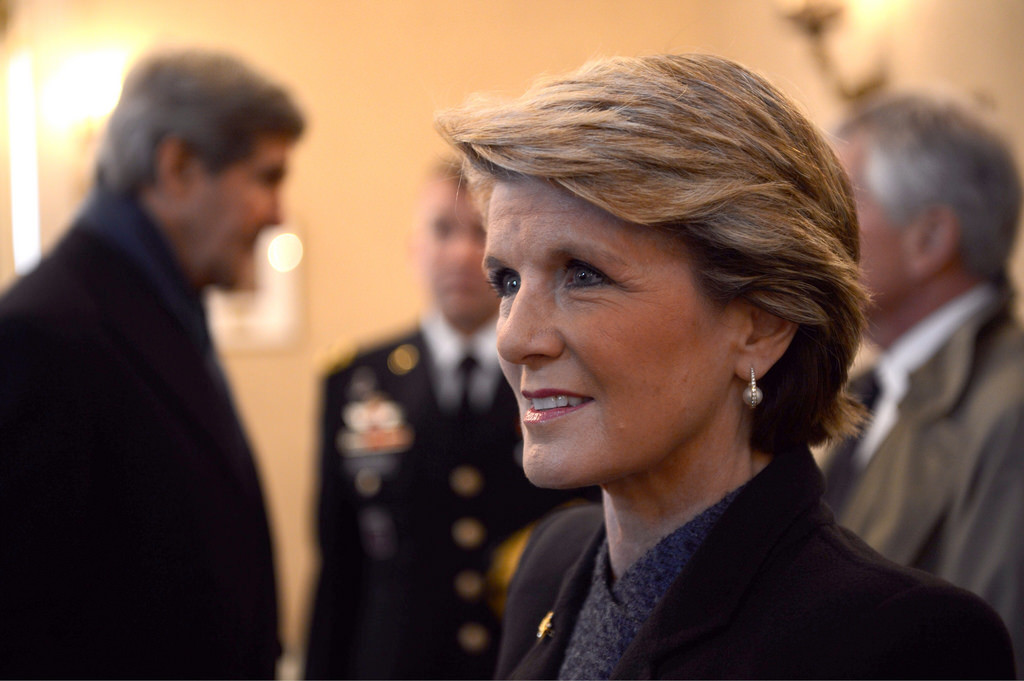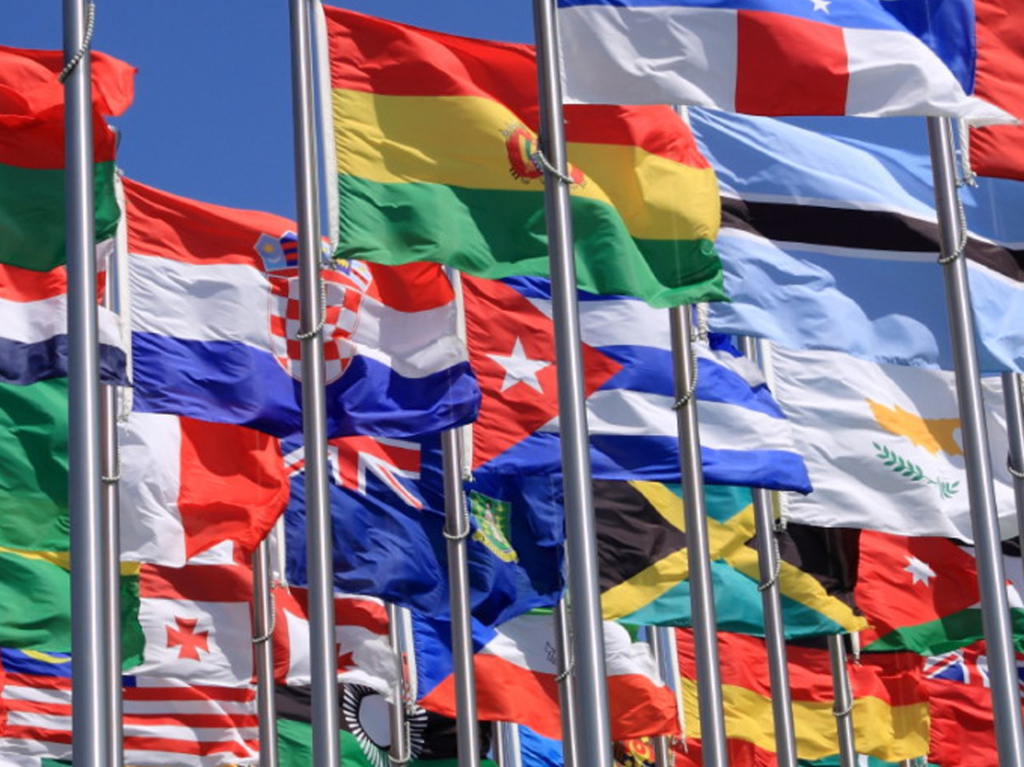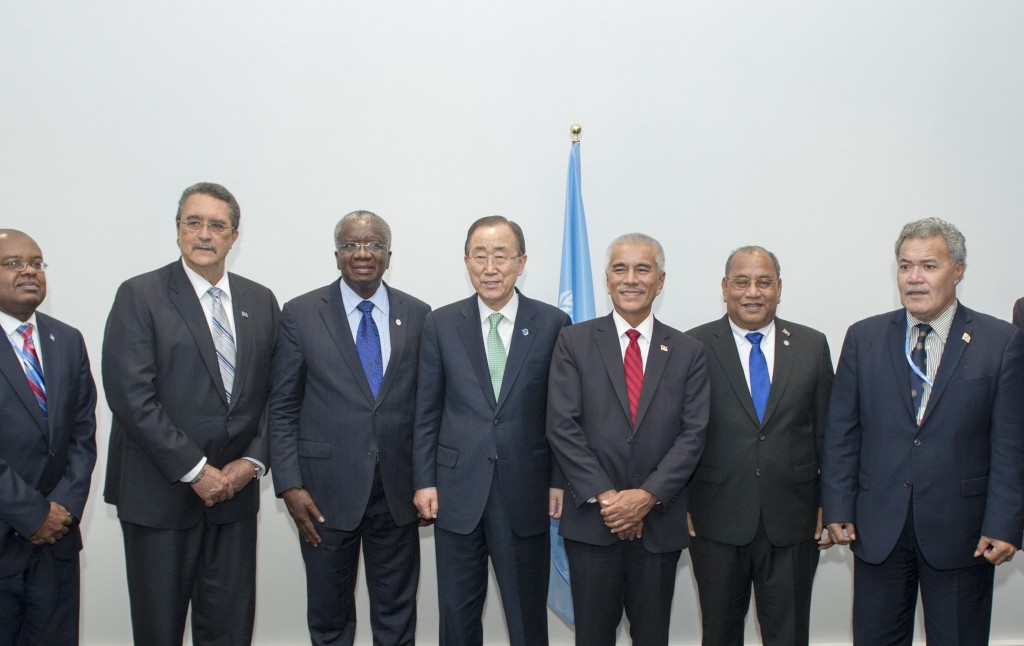briefs
Briefs bring you the facts and figures behind the news.

Negotiation Compass
Hamish M | December 2nd, 2015
To help demystify the negotiations, The Verb has produced a Negotiation Compass. As the negotiations unfold, we will use the Compass to translate diplomacy-speak and double entendres into plain language, outline possible scenarios we might end up with, and to explain the power plays behind it all.
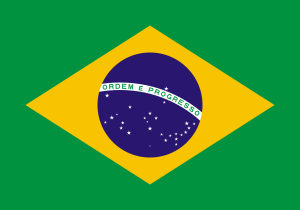
Brazil – COP21 Profile
admin | December 2nd, 2015
Brazil is the seventh-biggest emitter of greenhouse gases in the world. Emissions from the country’s energy sector continue to grow, and have increased by 44% in the past decade. Brazil
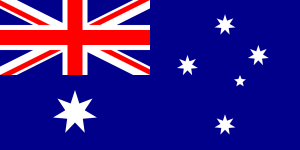
COP21 Country Profile: Australia
admin | December 2nd, 2015
In partnership with WWF, Australia’s COP21 country profile.

Sweden’s Ambitious Renewables Goals
Katrina McL | December 2nd, 2015
First it was Stockholm, and now it’s Sweden. Why and how Sweden will transition to 100 per cent renewable energy by 2050.
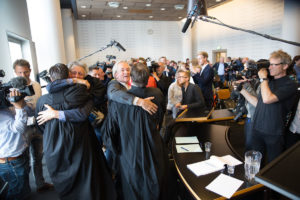
Urgenda: Bringing the Climate to Court
Holly W.R. | June 15th, 2015
In a landmark legal ruling, a government has for the first time been held legally accountable for taking insufficient action to prevent dangerous climate change.

Ocean Acidity: The Case for Ocean Health Action Lines
Malcolm J | April 20th, 2015
Climate change has a pernicious cousin that we often overlook: ocean acidification.
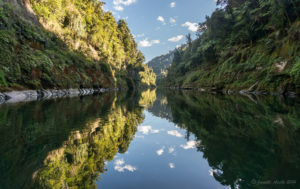
Wild Law: Our Social Constructs
Holly W.R. | February 10th, 2015
The second part of this two-part series on Wild Law presents a range of legal initiatives that are being undertaken around the world, in a new wave of action seeking to represent nature in a way that our legal systems understand.
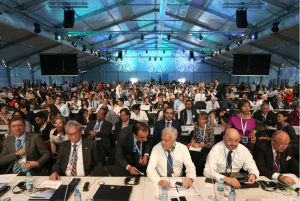
Onwards and Upwards…? From Lima, to Geneva and Paris
Cleo Verkuijl | February 10th, 2015
The Verb reflects on the lessons from the Lima Call for Climate Action, and what they presage about climate politics in 2015.
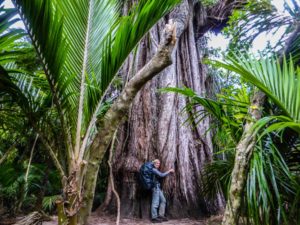
Wild Law: Giving Nature A Legal Voice
Holly W.R. | February 5th, 2015
The law is one of our most powerful shields against harm, but when it comes to environmental protection our judicial defences often fall short. In a two-part series on wild law, The Verb explores pioneering new legal mechanisms that may provide an answer.





